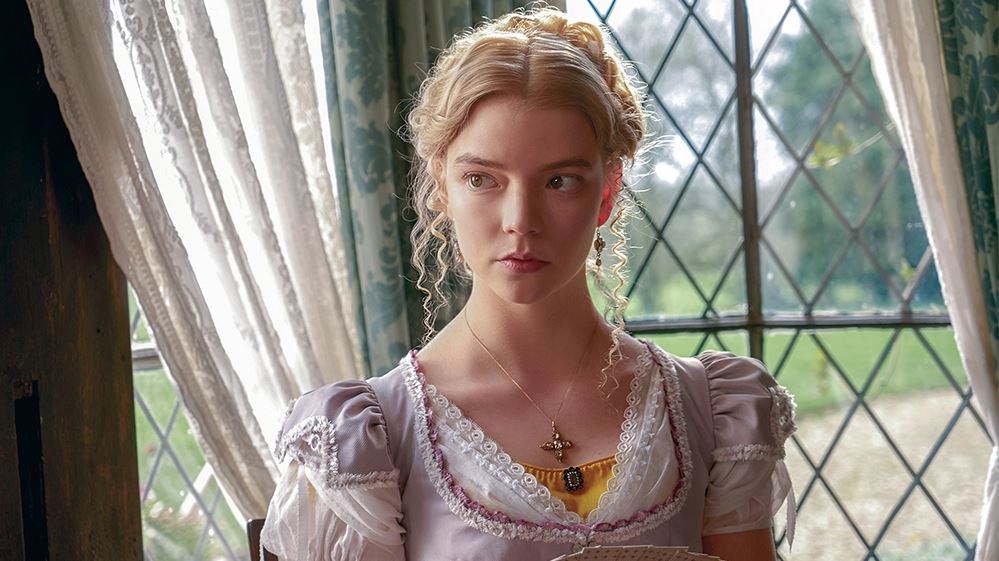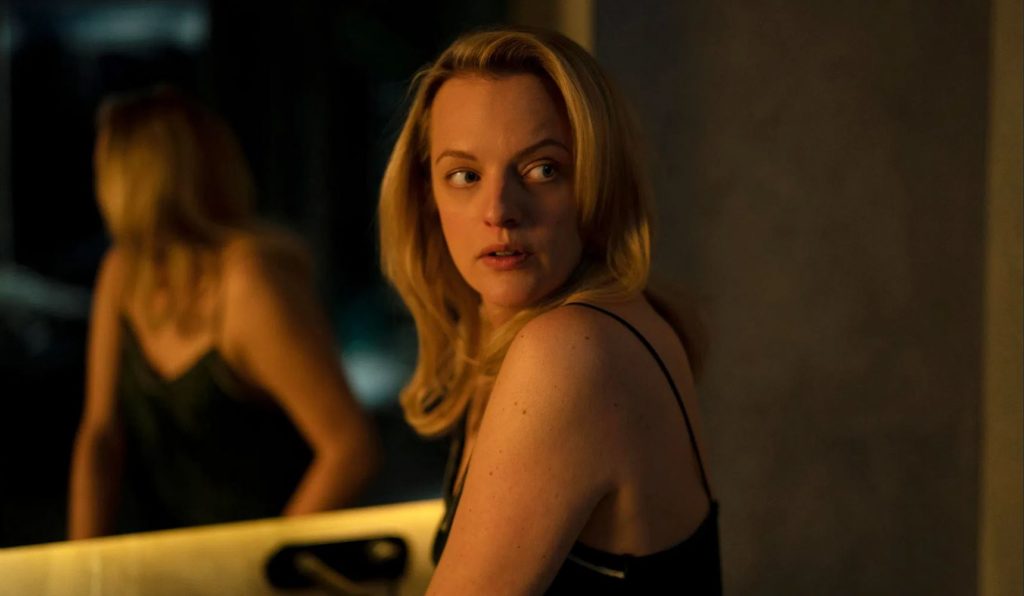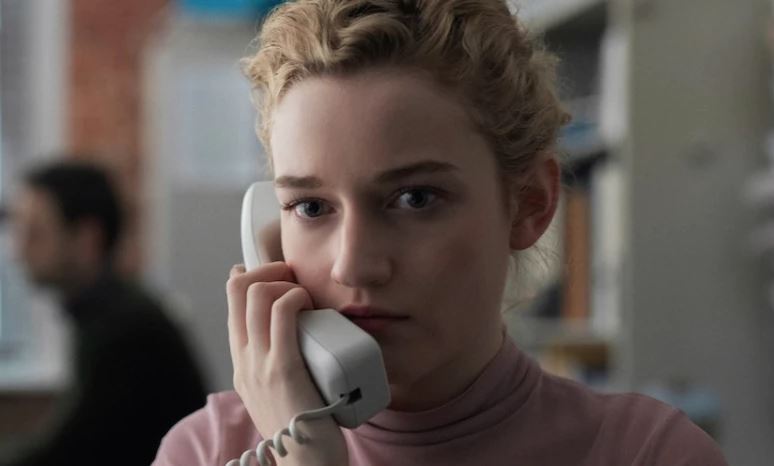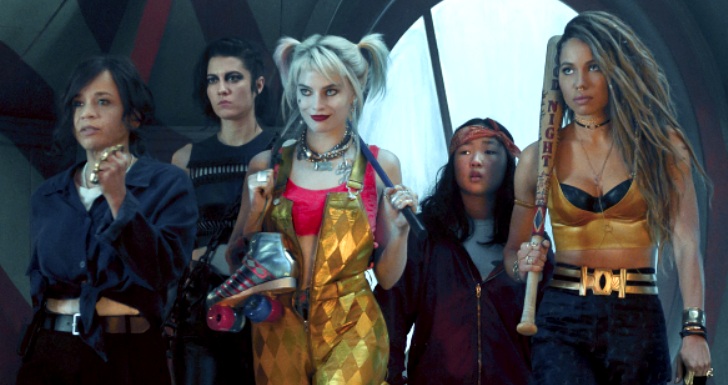Onward: Dwindling Magic, But What of Imagination?
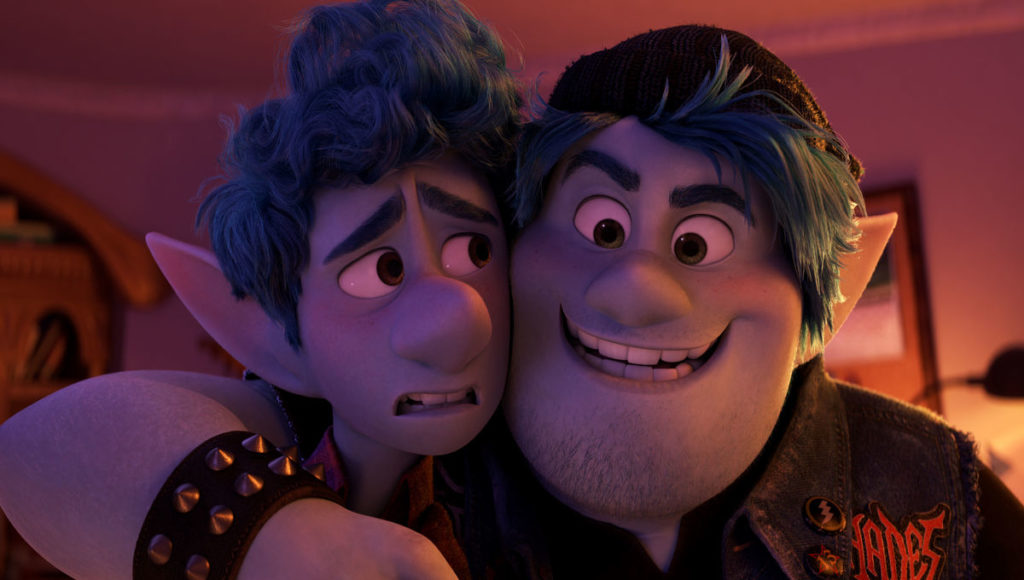
The world is gripped by existential despair, so what’s better to capture our collective terror than a Pixar movie? The wizardly corporation owns a patent on brightly colored, child-friendly entertainments that nevertheless speak to adults’ bone-deep fears. Of course, Onward, the newest adventure from the preeminent purveyor of computer-generated animation, isn’t about the coronavirus, no matter how tempted we might be to perceive everything through the lens of that horrifying pandemic. But it is about people—and a world—crippled with fear and self-doubt, struggling to adapt to unforeseen circumstances. That it’s also a playful children’s movie with a happy ending comes as something of a relief, even if it also currently feels like wishful thinking.
But enough about impending global catastrophe. Besides, there’s a more obvious metaphor to be found in Onward. At one point, its two brothers, Ian (voiced by Tom Holland) and Barley (Chris Pratt), squabble over navigation, disputing how best to reach their destination. Ian, the more pragmatic of the pair, insists on taking the freeway, a straight shot to their goal. Barley, a fantasist with either grand ideas or delusions of grandeur, instead suggests that they follow the Path of Peril, a twisting road fraught with danger and uncertainty. The freeway is of course the logical choice, but in Barley’s view, it is the eccentricity of the Path of Peril—its literal and figurative curves—that makes traveling it worthwhile. Read More

